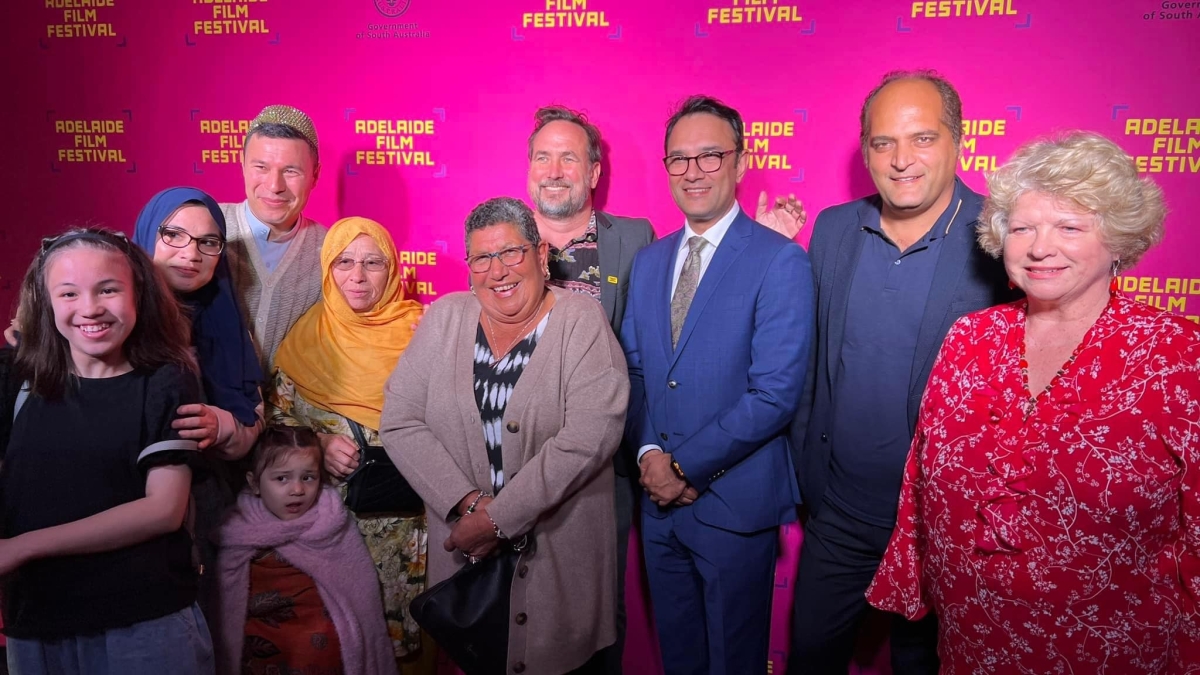After former Afghan refugee and photographer, Muzafar Ali, discovers that Afghans have been an integral part of Australia for over 160 years, he begins to photograph their descendants in a search to define his own Afghan-Australian identity. The Cameleer Descendants are a mix of Aboriginal, Afghan and Colonial Australian and as Muzafar meets and connects with the resilient but traumatised community he learns about his new country’s complicated history. His journey is interrupted when Afghanistan is handed back to the Taliban by the US and International Forces, and he races to help his friends and colleagues left behind.
The Watandar, My Countryman Red Carpet Gala and World Premiere screening was held at the Palace Nova Eastend Cinemas. Ambassador Wahidullah Waissi together with the South Australia's Minister for Small and Family Business, Consumer and Business Affairs and the Arts, Andrea Michaels MP. The event had quite unique number of Afghan Cameleers descendants from different walks of South Australia.
Watandar, My Countryman was directed by Jolyan Hoff and produced by Muzafar Ali.
Muzafar Ali is a photographer and human rights activist from Afghanistan. He is director of a refugee-led education program in Indonesia and Thailand. Currently based in South Australia, Ali is studying at the University of South Australia and is an advocate for refugee rights and agency and speaks out on behalf of refugees ‘stuck in limbo’. He started working for the United Nations in 2005, and bought a camera with his first salary. His UN roles included work in strengthening democracy, rule of law, governance, and security, as well as monitoring human rights.
Visiting the remote areas of the Hazarajat region of Afghanistan, Ali photographed the lives the Hazaras. He became one of the first young Afghan photographers to document his nation’s progress emerging from the ashes of war. His photographs depict the beauty and simplicity of daily life of ordinary Afghans.
Ali’s UN work placed his life in danger. In 2005 the Taliban targeted his car with an Improvised Explosive Device, and he was threatened by local warlords and corrupt government officials. By 2013, Muzafar had become a refugee and journeyed to Indonesia where he co-founded the first refugee-led school in West Java. Muzafar is currently managing the Cisarua Learning program in Australia that funds refugee-led schools in Indonesia and Thailand, providing education to more than 1000 students.
For more information about Watandar, My Countryman, please read: https://documentaryaustralia.com.au/project/watandar-my-countryman/
Sources:
https://www.muzafar.net/about/index
https://adelaidefilmfestival.org/event/watandar-my-countryman/
